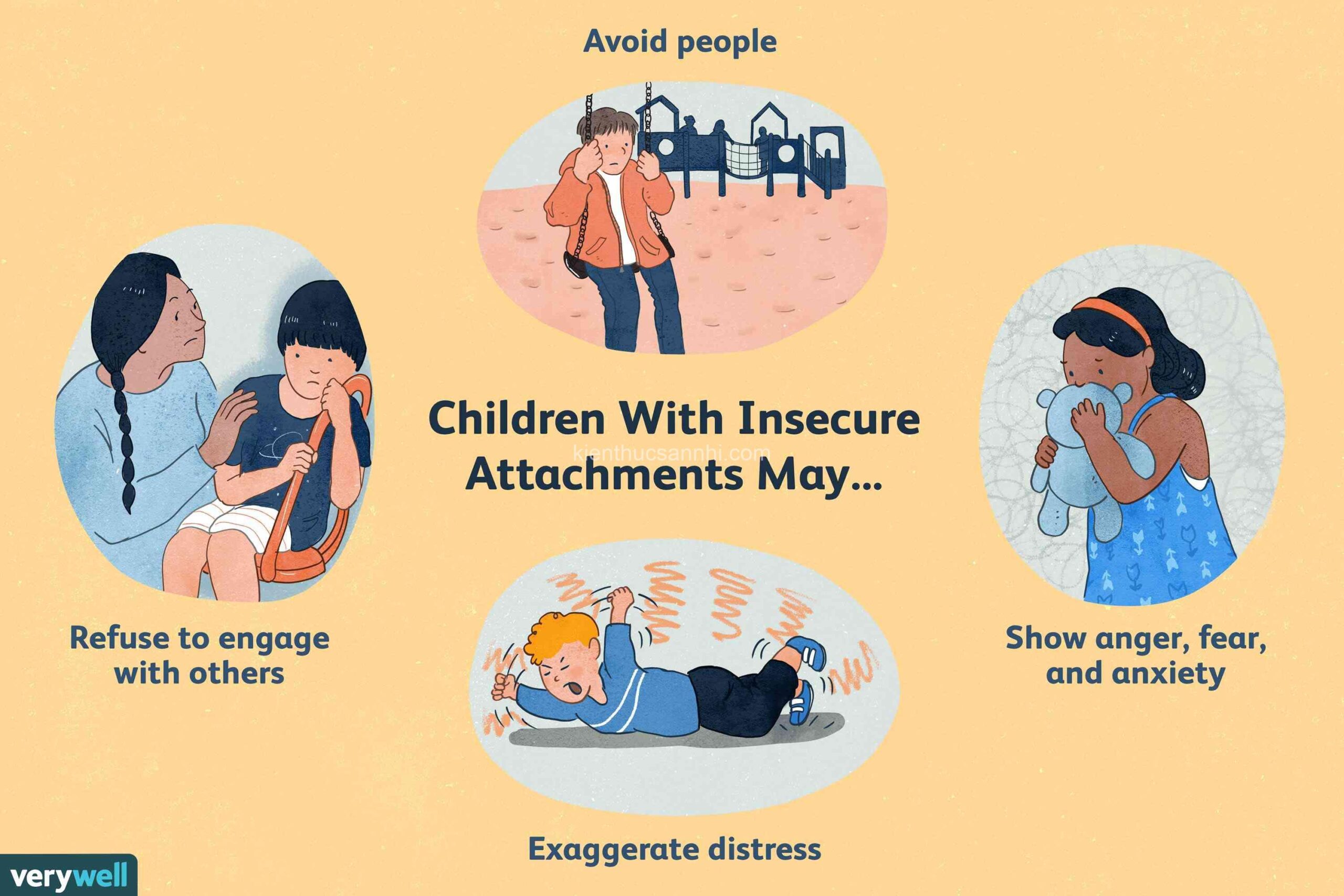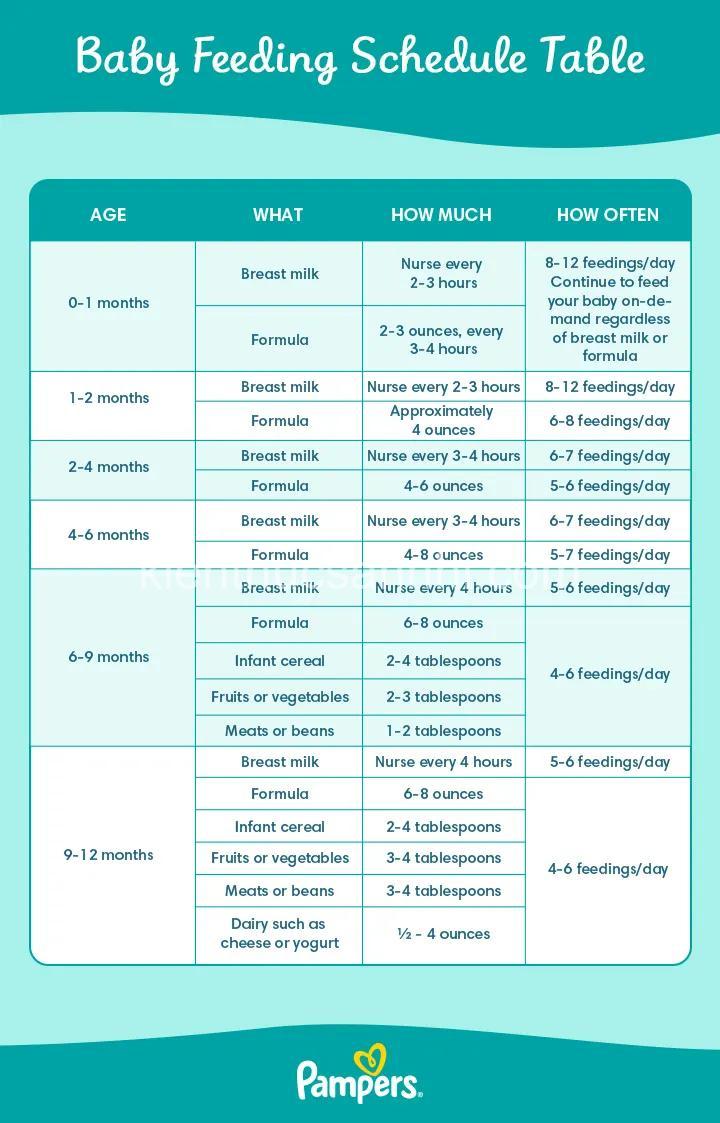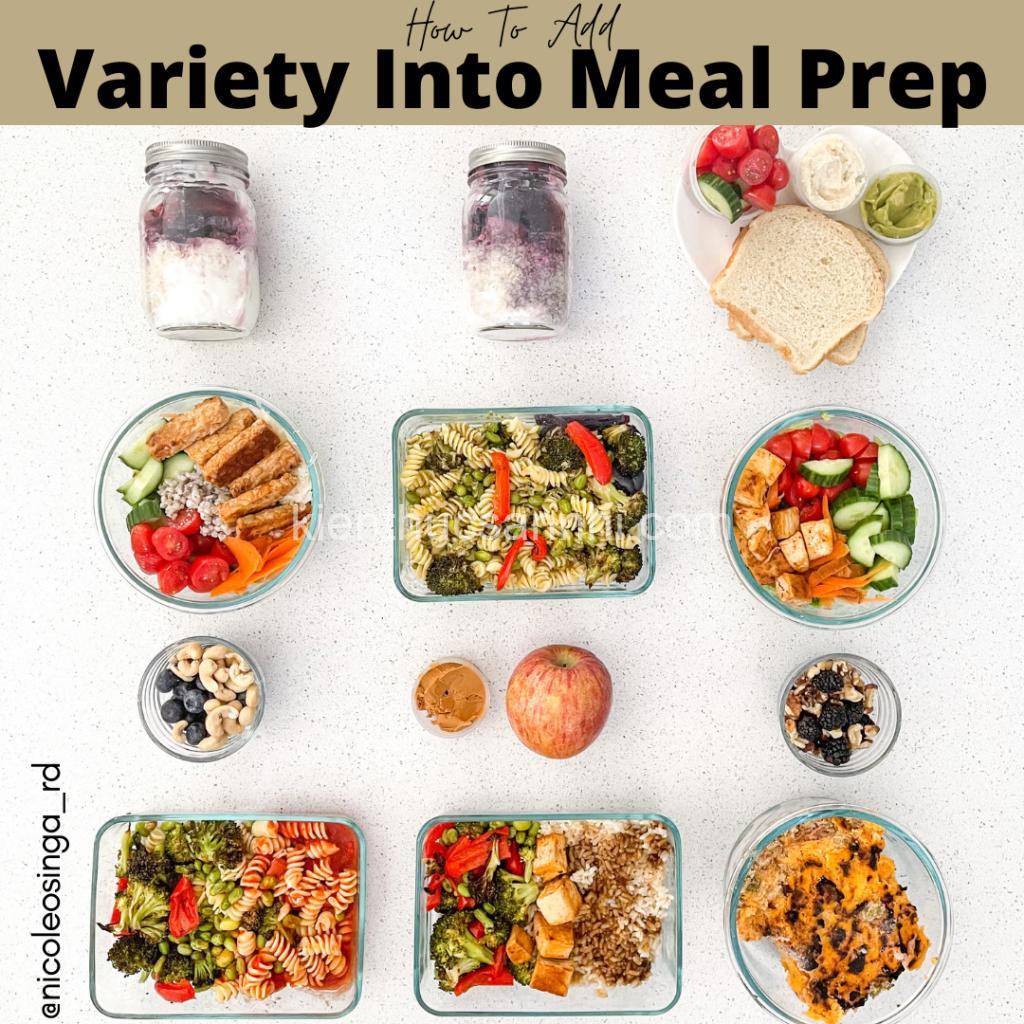
Signs of Unhealthy Attachment to Your Baby – Recognize and Seek Help. In today’s article, kienthucsannhi.com will explore with you in the most detailed and complete way. See now!
Recognizing the Signs of Unhealthy Attachment
It’s natural to feel a deep love and connection with your baby. But, a healthy attachment is characterized by a balance between closeness and independence. It allows your baby to explore the world safely while knowing you are a secure base to return to.
Here are some signs that your attachment to your baby might be unhealthy:
Overprotective and Controlling Behavior
- Excessive worry about your baby’s safety. While it’s normal to be cautious, constantly hovering or limiting your baby’s exploration due to fear can be a sign of overprotectiveness.
- Limiting your baby’s exploration and social interaction. Babies need opportunities to interact with their environment and other people. Restricting their interactions due to anxiety can hinder their development.
- Over-interference in your baby’s activities and decisions. Allowing your baby to make age-appropriate choices and learn from their experiences fosters independence.
- Difficulty setting boundaries. Establishing clear boundaries between you and your baby is crucial for both of your emotional well-being.
Emotional Dependence and Enmeshment
- Feeling overwhelmed by your baby’s needs. It’s okay to feel tired and overwhelmed sometimes. But, if you constantly feel drained and unable to cope with your baby’s needs, it might indicate a problem.
- Struggling with separation from your baby. A healthy attachment allows for comfortable periods of separation. If you find it impossible to leave your baby, even for short periods, it could be a sign of enmeshment.
- Difficulty recognizing your baby’s distinct individuality. Each baby is unique, with their own personality and preferences. A healthy attachment allows you to appreciate and respect your baby’s individuality.
Neglectful or Abusive Behavior
- Inconsistent or absent caregiving. Babies thrive on consistency and dependability. If your care is unpredictable or absent, it can negatively affect your baby’s development.
- Failure to meet your baby’s basic needs. Every baby has basic needs for food, sleep, warmth, and affection. Failing to meet these needs is a form of neglect.
- Physical, emotional, or verbal abuse. Any form of abuse is harmful and unacceptable. It can have long-lasting negative effects on your baby’s emotional and physical health.
Using the Baby to Fulfill Personal Needs
- Seeking emotional validation through your baby. Your baby’s love is a precious gift, but it shouldn’t be your primary source of validation and fulfillment.
- Using your baby as a source of companionship or distraction. While spending time with your baby is important, it’s crucial to have other social connections and interests.
- Neglecting other personal relationships. A balanced life includes healthy relationships with your partner, friends, and family. Prioritize these connections.
Jealousy and Resentment
- Feeling threatened by others’ attention to your baby. It’s normal to feel protective, but excessive jealousy can be unhealthy. Allow others to bond with your baby.
- Resenting the demands of parenting. Parenting can be challenging, but resentment towards your baby is not healthy. Seek support and find ways to manage the stress.
- Difficulty sharing your baby with others. Sharing your baby with family and friends fosters social development and creates a strong support network.

Understanding the Causes of Unhealthy Attachment
Unhealthy attachment patterns can stem from a combination of factors:
- Past Trauma and Personal Experiences: If you’ve experienced trauma or neglect in your own childhood, it can impact your attachment style. Seeking therapy or counseling can help address past experiences.
- Lack of Support Network and Resources: Having a strong support network of family, friends, or other parents can provide valuable assistance during the challenging journey of parenthood.
- Mental Health Challenges: Mental health conditions like depression, anxiety, or post-partum depression can affect parenting and attachment. Seeking professional help is essential for managing these challenges.
- Unrealistic Expectations of Parenthood: It’s important to have realistic expectations about parenting. Parenting is a journey of learning and growth, and it’s okay to make mistakes.
- Cultural and Societal Pressures: Cultural norms and expectations can influence parenting practices and create pressures to conform to certain standards.
The Impact of Unhealthy Attachment
Unhealthy attachment can have significant consequences for both the baby and the parent:
Impact on the Baby
- Emotional and behavioral problems. Unhealthy attachment can contribute to difficulties with emotional regulation, social skills, and behavior.
- Difficulty forming healthy relationships. Babies who experience unhealthy attachment may struggle to form secure relationships later in life.
- Increased vulnerability to future abuse and neglect. Unhealthy attachment patterns can increase the risk of experiencing abuse or neglect in future relationships.
- Developmental delays. Unhealthy attachment can negatively impact a baby’s cognitive, physical, and social-emotional development.
Impact on the Parent
- Increased stress and anxiety. Unhealthy attachment can lead to feelings of overwhelm, anxiety, and stress.
- Difficulty coping with parenting responsibilities. You might find it challenging to manage your daily tasks and responsibilities as a parent.
- Isolation and loneliness. Unhealthy attachment patterns can lead to feelings of isolation and loneliness.
Seeking Help and Support
If you’re concerned about your attachment to your baby, it’s important to seek help and support. Here are some resources to consider:
- Counseling and therapy for parents. A therapist can provide guidance and support in understanding your attachment style and developing healthier parenting practices.
- Support groups for parents struggling with attachment. Joining a support group can provide a safe space to connect with other parents facing similar challenges.
- Educational materials on healthy attachment. Reading books, articles, and other resources can help you learn about healthy attachment and parenting practices.
Creating a Supportive Environment
- Build a strong support system. Connect with family, friends, or other parents who can provide emotional support and practical assistance.
- Manage stress and anxiety. Practice relaxation techniques, exercise, and healthy coping mechanisms to manage stress and anxiety.
- Prioritize self-care. Make time for activities that bring you joy and help you recharge.
Creating a Healthy Attachment
Building a healthy attachment with your baby requires effort and commitment:
- Developing Responsiveness to Your Baby’s Needs.
- (Baby, Needs, Food) Learn to recognize your baby’s hunger cues and feed them promptly.
- (Baby, Needs, Sleep) Create a consistent bedtime routine and respond to your baby’s sleep cues.
- (Baby, Needs, Comfort) Provide physical comfort through cuddling, rocking, or soothing sounds.
- (Baby, Needs, Attention) Spend quality time interacting with your baby, offering eye contact, and responding to their sounds and gestures.
- Encouraging Exploration and Independence
- Provide a safe and stimulating environment for your baby to explore.
- (Parent, Provides, Care) Offer age-appropriate toys and activities that encourage exploration and learning.
- (Parent, Provides, Care) Gradually increase the level of independence as your baby grows.
- Maintaining a Balance Between Closeness and Separation
- (Parent, Experiences, Anxiety) Recognize that brief periods of separation can help your baby develop a sense of independence.
- Gradually ease your baby into independent activities, starting with short periods of time.
FAQs about Unhealthy Attachment to Your Baby
- How can I tell if my attachment to my baby is unhealthy?
- Look for signs of overprotectiveness, control, dependence, neglect, or abuse.
- What are some common causes of unhealthy attachment?
- Past trauma, lack of support, mental health challenges, unrealistic expectations, and cultural pressures.
- What are the potential consequences of unhealthy attachment?
- Negative impact on the baby’s emotional, behavioral, and social development, and increased stress and anxiety for the parent.
- How can I seek help and support for unhealthy attachment?
- Consult a therapist, join a support group, and utilize resources available online or through local organizations.
Conclusion
Understanding and addressing signs of unhealthy attachment is crucial for both your well-being and your baby’s development. Remember, seeking help and support is a sign of strength. For more information on parenting and child development, visit kienthucsannhi.com. Leave a comment below to share your thoughts or ask any questions. Don’t forget to share this article with other parents who might benefit from this information.





